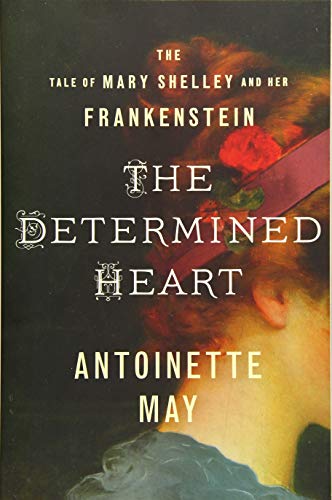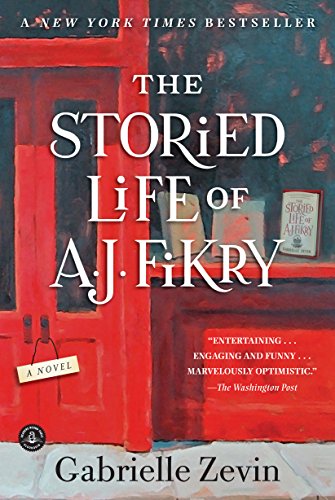Books I completed this past week are:
The Baker's Apprentice by Judith Ryan Hendricks
Baker's Blues by Judith Ryan Hendricks
White Dresses by Mary Pflum Peterson
A Window Opens by Elisabeth Egan
X Marks the Scot by Victoria Roberts
Bookmarks are still living in the middle of:
Welcome to Braggsville by T. Geronimo Johnson
Miss Dreamsville and the Lost Heiress of Collier County by Amy Hill Hearth
All the Light We Cannot See by Anthony Doerr
Reviews posted this week:
Baker's Blues by Judith Ryan Hendricks
White Dresses by Mary Pflum Peterson
The Surfacing by Cormac James
A Window Opens by Elisabeth Egan
Making Nice by Matt Sumell
Lost Canyon by Nina Revoyr
Books still needing to have reviews written (as opposed to the ones that are simply awaiting posting):
The Secret Wisdom of the Earth by Christopher Scotton
Miss Hazel and the Rosa Parks League by Jonathan Odell
Without You, There Is No Us by Suki Kim
All My Puny Sorrows by Miriam Toews
Spinster by Kate Bolick
Migratory Animals by Mary Helen Specht
Balm by Dolen Perkins-Valdez
Secrets of a Charmed Life by Susan Meissner
Girl in Glass by Deanna Fei
Orphan Number Eight by Kim van Alkemade
Make Your Home Among Strangers by Jennine Capo Crucet
The Seven Stages of Anger and Other Stories by Wendy J. Fox
The Door by Magda Szabo
Etta and Otto and Russell and James by Emma Hooper
Did You Ever Have a Family by Bill Clegg
Landfall by Ellen Urbani
This Must Be the Place by Kate Racculia
Henna House by Nomi Eve
Love Maps by Eliza Factor
Ferris Beach by Jill McCorkle
The Coincidence of Coconut Cake by Amy Reichert
Bread Alone by Judith Ryan Hendricks
Fishbowl by Bradley Somer
The Woman in the Photograph by Dana Gynther
Beneath the Bonfire by Nickolas Butler
The Baker's Apprentice by Judith Ryan Hendricks
X Marks the Scot by Victoria Roberts
 This past week's mailbox arrival:
This past week's mailbox arrival:





































